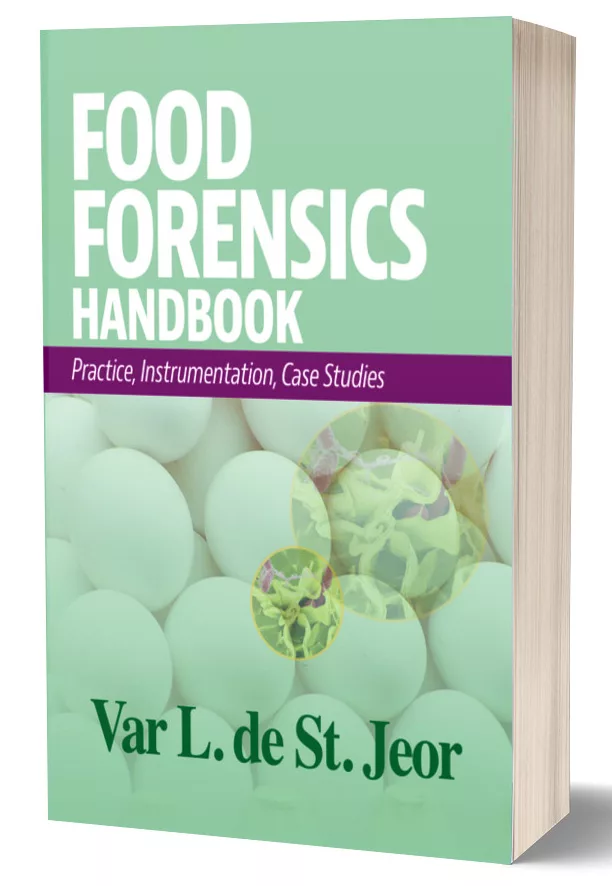Clemson Studies Stress Responses of Foodborne Illness and the Impact on Food Safety

A new research study entitled “Stress Responses of Foodborne Pathogens and Implications in Food Safety” was published earlier this month by Clemson University’s Department of Food, Nutrition and Packaging Sciences. The abstract of that study states the following:
"Some microorganisms can induce adaptive responses to environmental stresses, which can enhance their tolerance to these stresses and may promote persistence under adverse conditions. Stress responses of foodborne pathogens can have profound effects on their survival in foods. Additionally, exposure to one sublethal stress may produce a spectrum of adaptive responses, cross-protecting microorganisms against multiple stresses. Understanding the mechanisms underlying the microbial responses to different stresses will improve the effective use of intervention strategies to inhibit the survival of pathogens in foods."
Not unlike resistance to antibiotics, bacteria can often adapt to mild stresses (novel minimal processing techniques) and develop a type of “resistance” to them. Regular food processing methods, like pasteurization, more often kill bacterial cells, but novel minimal processing techniques just injure them, allowing some to survive and adapt.
Clemson’s research focuses on the magnitude of the stress, which refers to heat treatment that isn’t high enough to kill (sublethal). “Several stresses, such as heat stress, cold stress, acid stress, and osmotic stress, have been reported to induce cross-protection in microorganisms.” This significantly impacts food safety, as foodborne pathogens can survive processing methods.
The authors of this Clemson study advocate the use of stressed bacteria when validating and assessing the effectiveness of different combinations of minimal food processing techniques.
Clemson’s research was published this month in the Journal of Food: Microbiology, Safety & Hygiene.
Sign up for Food Safety Magazine’s bi-weekly emails!
Subscribe to our new podcast: Food Safety Matters!
Looking for quick answers on food safety topics?
Try Ask FSM, our new smart AI search tool.
Ask FSM →








